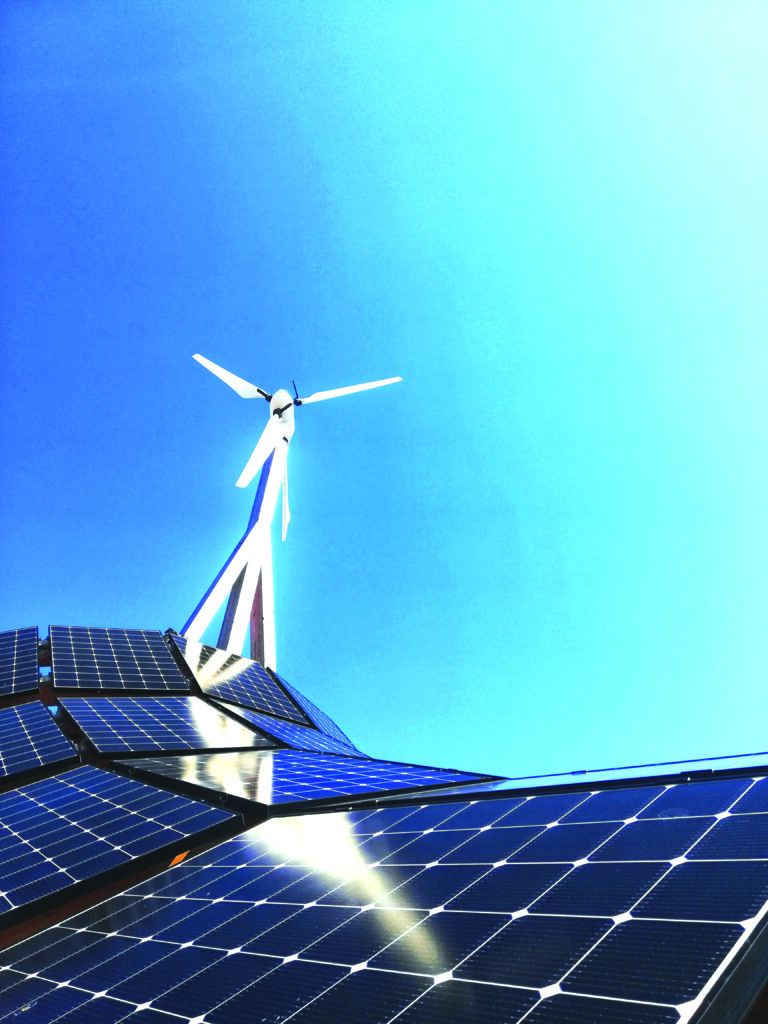Facing environmental challenges, the island of Mauritius must transform its current policies to establish itself as a model of sustainable development. What strategies would enable this metamorphosis? Jean Jacques André
The shift toward renewable energies constitutes the most revealing indicator of environmentally performing nations. Although having begun this transition, the country lags considerably behind other island territories. Yet its geographical situation offers unique opportunities to exploit marine solutions—currents, tides, and offshore wind installations.
To succeed in its ecological transformation, the territory must adopt a multidimensional approach. First, accelerate its energy conversion by massively deploying solar and oceanic innovations. Second, strengthen the protection of terrestrial ecosystems while valorizing coastal mangroves as natural carbon sinks. Water management also represents a priority axis, requiring the adoption of conservation practices and urban design that respects the water cycle.
Furthermore, the high local literacy rate could catalyze the creation of climate innovation hubs, combining ecological awareness with technical development. On the institutional level, strengthening governance systems is essential, with rigorous application of sustainable regulations and transparent allocation of resources. Finally, Mauritius must develop adaptation strategies specific to coastal zones: shoreline protection, climate-smart agriculture, and resilient infrastructure.
At this decisive turning point, the nation has the opportunity to pioneer a model harmonizing nature preservation and economic prosperity, transforming its current average performance into an example of excellence for the coming decades.
